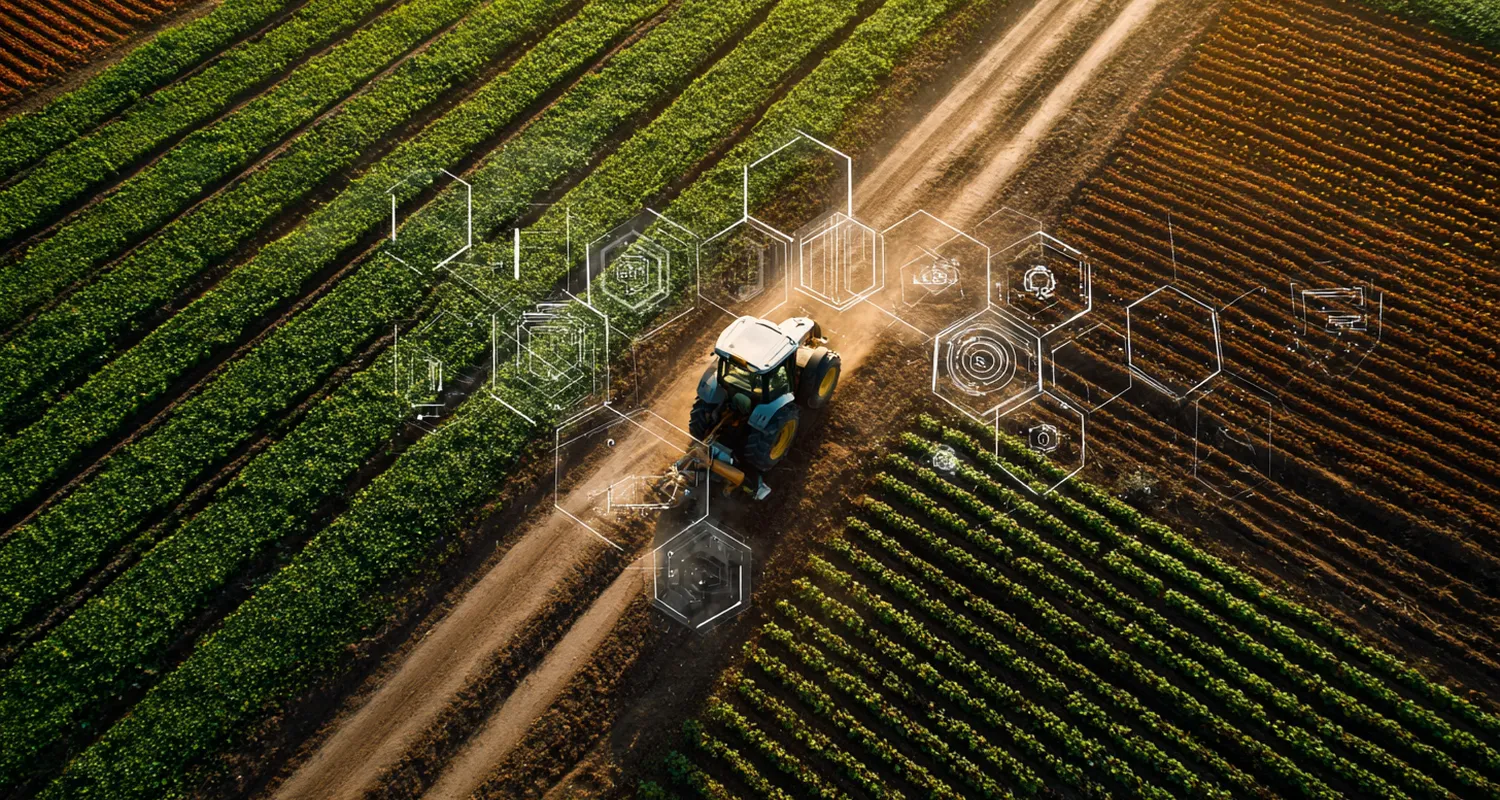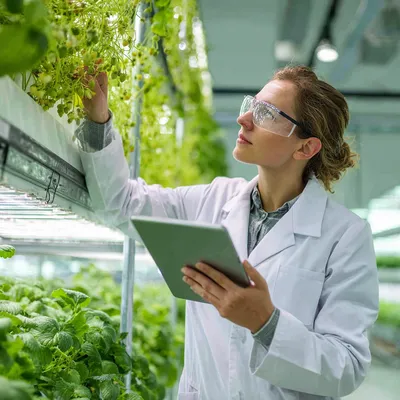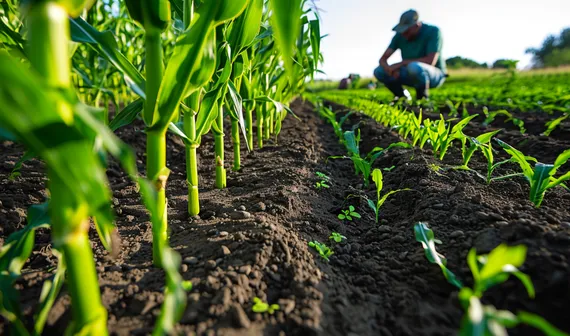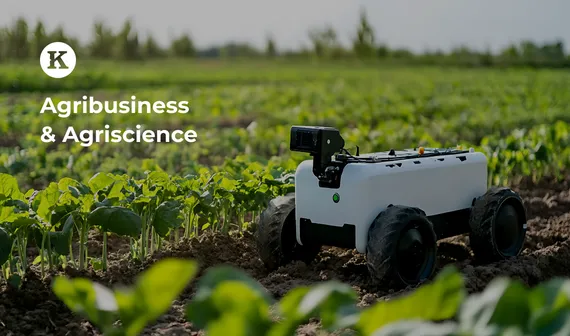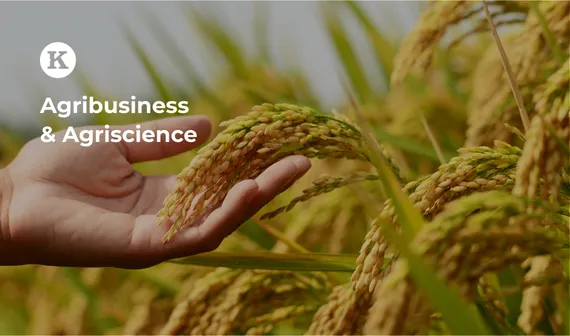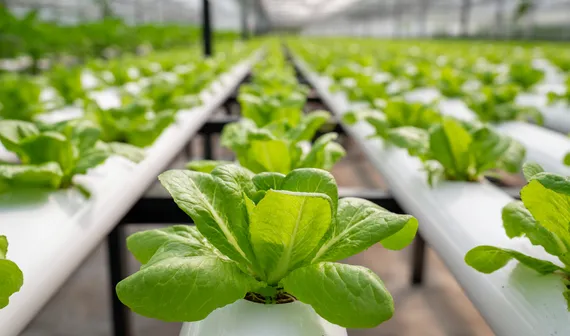Investing in FoodTech and AgriTech
What key factors do you consider when evaluating investment opportunities in FoodTech and AgriTech startups?
At Piece Future, we invest where innovation meets impact.
Within the FoodTech and AgriTech sectors, we prioritise innovation that addresses the world’s most pressing challenges: strengthening food security, enhancing climate resilience and promoting the sustainable use of resources.
We assess whether a start-up’s technology can be scaled across diverse agricultural environments and food systems, while delivering clear, measurable gains in efficiency and sustainability. Equally, we seek market differentiation that translates technological potential into lasting market leadership.
How does a strong IP portfolio influence investment decision(s) and the potential for scaling in these sectors?
IP forms the architecture of growth across industries, but this is particularly true in the FoodTech and AgriTech sectors, where innovation involves long development cycles, significant capital requirements and the complexities of global supply chains.
A strong IP portfolio signals that a start-up has the foundations to transform science into sustainable business value. It serves as an indicator of credibility, reassuring investors of the company’s ability to scale and compete globally. Beyond credibility, IP creates strategic opportunities: it enables start-ups to pursue licensing, build partnerships and secure premium market positioning while protecting core innovation. For investors, this demonstrates that the business model is capable of generating sustainable growth and long-term value.
Which emerging trends or technologies in FoodTech and AgriTech do you see as most attractive for investors in the next 3–5 years?
Over the next three to five years, we expect FoodTech and AgriTech to be defined by innovations that accelerate productivity and strengthen go-to-market strategies.
Precision fermentation, alternative proteins, robotics, controlled-environment farming and AI-enabled platforms are rapidly transitioning from research into commercially viable solutions.
We believe the most attractive opportunities to be those that move beyond innovation to measurable impact — solutions that scale across value chains, drive efficiencies and build trust, ultimately shaping the future of food and agriculture.
